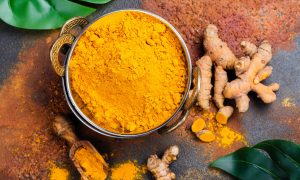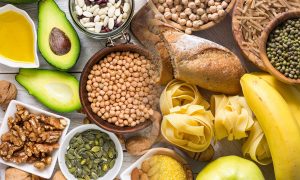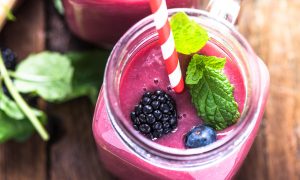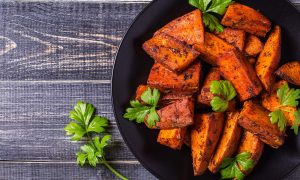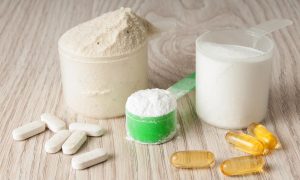7 Of The Healthiest Grains You Could Wish For
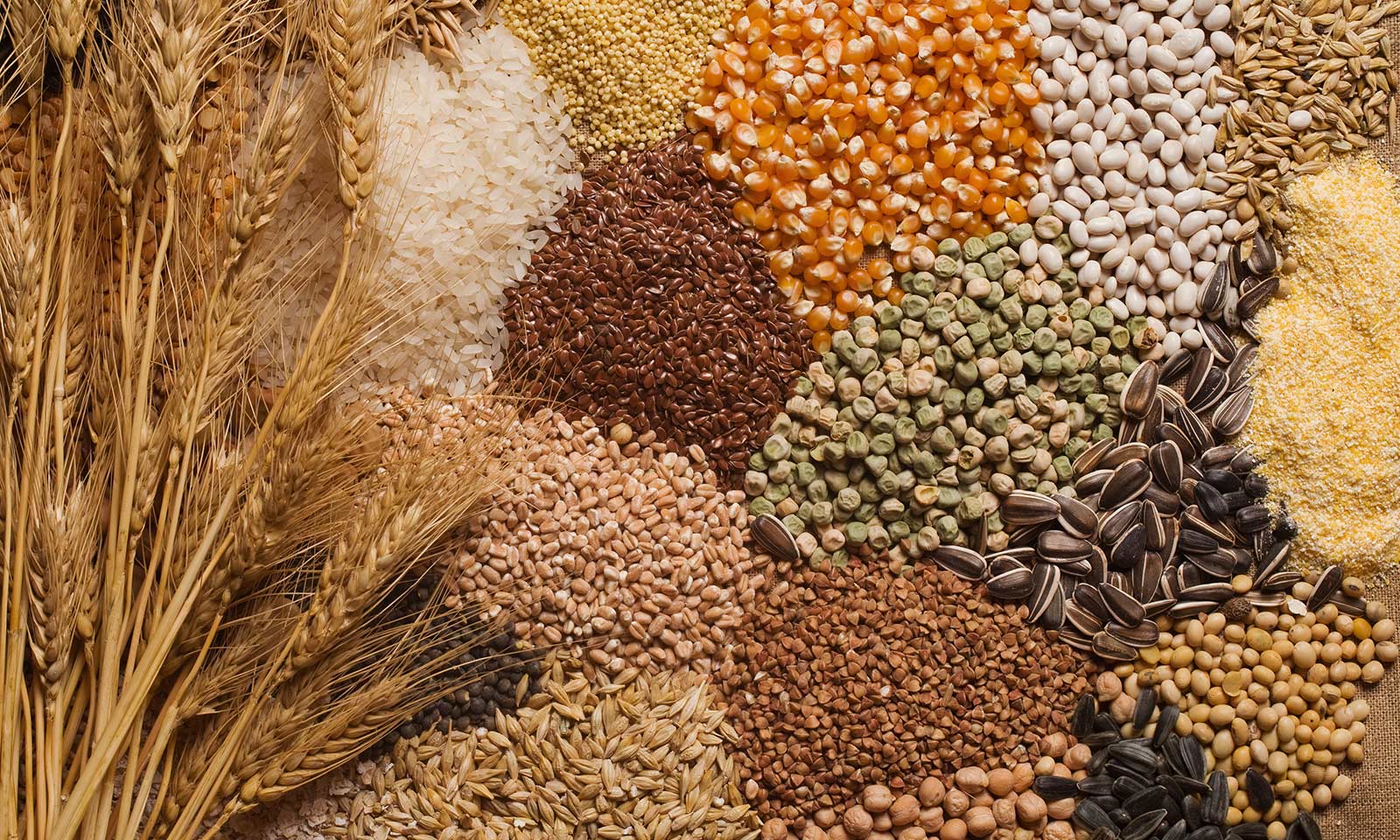
|
|
When we think of superfoods, more often than not, we instantly find foods such as fresh fruits and vegetables springing to mind, and whilst fruits and vegetables are indeed nutritional powerhouses that are hugely beneficial for us, that doesn’t mean that there aren’t other foods. If you take grains for example, although you probably consider them to be fairly ‘diet-friendly’ you probably don’t really consider them to be overly healthy, and if that is the case, you are potentially very mistaken. You see, grains, especially whole grains, not only serve as very useful and beneficial carbohydrate sources, they also nourish the body and provide all kinds of health and nutritional benefits along the way. There are many different types of grain to consider, and to help you get an understanding of some of the healthiest examples, here’s a look at a few grains that you simply should not be overlooking.
Rye

Rye is not only a delicious grain, it also happens to be an extremely healthy grain in the process. Rye is absolutely crammed full of nutrients, including minerals such as manganese, which has been proven to help enhance cognitive function and improve short and long-term memory. What’s more, manganese also plays a crucial role in the healing of wounds. Rye’s many health benefits however, are not all solely decided by its manganese content, as it is also packed full of dietary fibre, which helps to increase satiety, it lowers dangerous LDL cholesterol, and it can even help to rid the body of toxins and free-radicals. Rye also contains B vitamins, as well as minerals such as zinc, iron, and phosphorus, which help to promote health and well-being by boosting immunity.
Bulgur wheat
Bulgur wheat is considered to be a whole grain that is hugely beneficial and also happens to taste delicious in the process. Bulgur wheat is also a surprisingly high source of protein, as one cup will provide roughly one quarter of the average recommended daily intake of protein, making it a fantastic plant-based source of protein for vegans and vegetarians. What’s more, bulgur wheat also happens to be rich in fibre, and minerals, especially magnesium and iron, which help to regulate hormones, and assist with the formation of haemoglobin and red blood cells.
Brown rice

Brown rice is one of the healthiest carbohydrate sources in the world, and it is a staple ingredient in many an athlete and bodybuilder’s daily diet. Brown rich is ideal because it is packed full of protein, as well as having a much lower glycemic index than white rice, meaning it contains less simple sugars. Brown rice is full of B vitamins which are essential for energy production and for the metabolism, as well as phosphorus and magnesium, plus it is rich in antioxidants, making it a fantastic anti-cancer food in the process. Many vegan and vegetarian bodybuilders will actually use brown rice protein supplements, so that alone should tell you just how beneficial brown rice is in terms of protein and amino acid content.
Buckwheat
Okay, technically buckwheat is in fact the seed of a fruit, many experts do class it as a whole grain, and when you discover just how healthy this ingredient is, you’ll certainly be able to be a little lenient in terms of what you do and do not class as a wholegrain. Buckwheat is a fantastic ingredient for people who suffer with gluten allergies such as celiac disease, because it is completely gluten-free. Buckwheat is a natural source of plant-based protein, plus it can actually be classed as a complete protein, due to the fact that it contains all nine essential amino acids. Essential amino acids are ones that the body cannot produce naturally, meaning that they have to come from dietary sources instead. It is naturally high in a compound known as rutin, which can lower blood pressure and has been found to help regulate blood glucose levels and to keep them stable.
Oats

Oats are extremely healthy and what’s more, they’re actually extremely popular as well, especially at breakfast time. Oats are rich in B vitamins, niacin, and folate, as well as minerals like iron, zinc, copper, phosphorus, manganese, and much more besides. It even contains vitamin E, which functions as an antioxidant and helps to reduce inflammation. Combine this with the fact that oats provide a substantial release of energy to help get you through the day, plus they’re tasty and versatile as well, and it’s easy to understand why so many people choose to start their days with a bowl of oatmeal.
Quinoa
Quinoa, which is pronounced, keen-wah, is a superfood that is very much grabbing all of the headlines lately, for all of the right reasons. Quinoa is also a complete protein source that is rich in amino acids, both essential and non-essential, plus it contains almost 100% more fibre than many other whole grains out there, making it ideal for heart health, cholesterol levels, and digestion. What’s more, it is packed full of minerals, especially iron, which helps with red blood cell formation, as well as the production of haemoglobin. This assists with oxygen transportation in the blood, so the more oxygen that can be carried to the cells via the blood, the harder your muscles will work, and the healthier your body will become by default.
Barley

Barley has been consumed for centuries upon centuries, and it is still incredibly popular now, and for good reason. Barley is rich in nutrients, including one known as beta-glucan. Beta-glucan is a form of fibre that cannot be digested by the body. This means that consuming it will slow down the rate in which food makes its way through your digestive tract, which in turn helps to keep insulin levels under control because no sudden spikes in blood sugar levels will occur, because everything is being processed so slowly.

